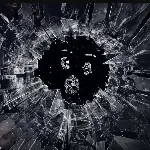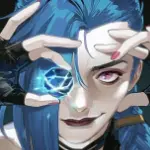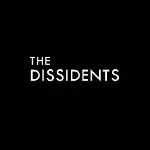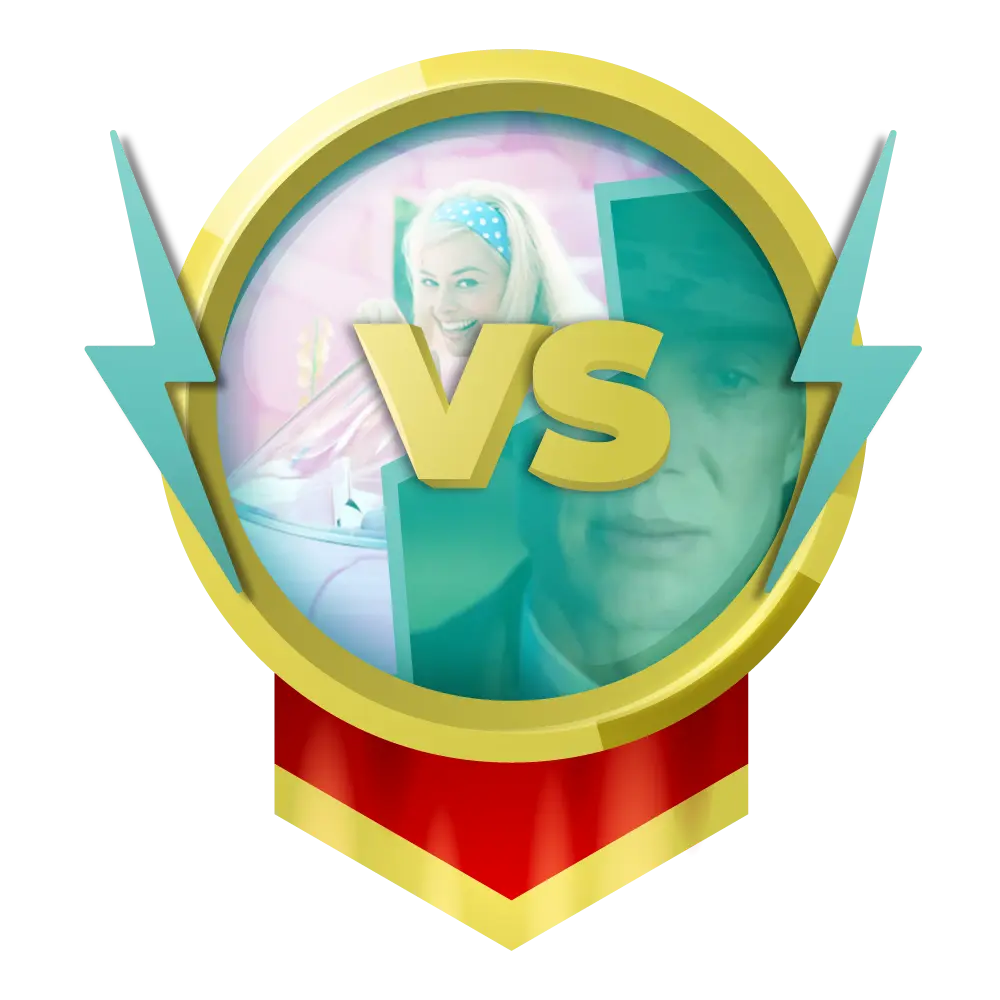
By Rumpelstiltskin.
Ah, my dear mortals, what would you do if death ceased to be the end and became nothing more than a bureaucratic formality? "Mickey 17," the latest masterpiece from the brilliant Bong Joon-ho, dares to explore this idea with the skill of a storyteller who knows that the right questions matter more than the answers.
From the very first scene, the film immerses us in a world where humanity has extended its dominion to the farthest reaches of the universe. Our protagonist, Mickey Barnes, played masterfully by Robert Pattinson, is an "expendable," a worker whose existence is replaceable thanks to cloning technology. On a mission to colonize the inhospitable planet Niflheim, Mickey is repeatedly sent to carry out high-risk tasks, dying only to be reborn in a new body with most of his memories intact.
However, the real story begins when Mickey 17, against all odds, survives one of his missions and returns to base, only to discover he has been replaced by Mickey 18. This conflict not only forces him to confront his own sense of identity but also triggers a moral dilemma within the crew. Is Mickey still Mickey if there is a new version of him walking among the others? How much autonomy does he really have if his life is dictated by a system that treats him as just another tool in the machinery of colonization?

This is where Bong Joon-ho displays his full magic. Just as in "Parasite" or "Snowpiercer," the South Korean director not only builds a fascinating story but also uses it as a vehicle to explore deep social and philosophical issues. "Mickey 17" is a study of dehumanization in the name of progress, of the struggle of individuality against structures that seek to reduce us to replaceable cogs.
Pattinson faces one of the most intriguing challenges of his career, playing multiple versions of himself with subtle yet significant nuances. Alongside him, a stellar cast featuring Naomi Ackie, Steven Yeun, Toni Collette, and Mark Ruffalo delivers performances that elevate the story. In particular, Yeun, with his charisma and sensitivity, portrays a character who serves as a sort of moral compass within the narrative, while Collette and Ruffalo represent the ruthless hierarchy that governs the fate of these clones with cold efficiency.
Beyond the intrigue and human drama, "Mickey 17" plays with the concept of eternal recurrence, the philosophical idea that we are condemned to repeat the same cycles endlessly. Friedrich Nietzsche posed it as a test to determine whether we truly love life: would we accept living it over and over in the exact same way? Mickey has no choice in this dilemma; each version of him is destined for the same function, the same sacrifices, in a loop of suffering disguised as progress.
The film's visuals are breathtaking. Bong Joon-ho and his production design team have created a Niflheim that doesn’t feel like a mere science fiction backdrop but rather a tangible world with history and real dangers. The cinematography reinforces the sense of isolation, the claustrophobia of a future where humanity has expanded its presence in the universe only to find itself even more trapped by its own power structures.

The music, composed by the ever-brilliant Jae-il Jung, accompanies each scene with surgical precision, alternating between melancholy and tension, further immersing us in Mickey’s psyche as he struggles to hold onto his sense of self.
Ultimately, "Mickey 17" is not just a film about cloning or space exploration. It is a mirror in which we can see our own anxieties reflected—about automation, identity, and the constant struggle to find meaning in a world that pushes us toward replaceability. Are we not all, in some way, like Mickey? Repeating routines, feeling disposable in a system that rarely acknowledges our uniqueness. Perhaps the only difference is that we don’t have the option to reset and start over.
Bong Joon-ho has done what he does best: he has taken a science fiction story and transformed it into a visceral and emotional exploration of the human condition. "Mickey 17" is a film that is not only watched but felt, leaving persistent questions in the viewer’s mind long after the theater lights come on.
So, my little mortals, the question is not whether you should watch "Mickey 17," but whether you are ready to face its questions. Because, at the end of the day, what would you do if you came face to face with your own copy? And more importantly… which one of you would deserve to live?
Technical Sheet:
- Title: Mickey 17
- Director: Bong Joon-ho
- Screenplay: Bong Joon-ho (based on the novel Mickey7 by Edward Ashton)
- Main Cast: Robert Pattinson, Naomi Ackie, Steven Yeun, Toni Collette, Mark Ruffalo
- Music: Jae-il Jung
- Cinematography: Darius Khondji
- Production Companies: Plan B Entertainment, Kate Street Picture Company, Offscreen
- Distributor: Warner Bros. Pictures
- Genre: Science Fiction, Drama, Thriller
- Release Year: 2025
Sources/Bibliography:
- Ashton, Edward. Mickey7. St. Martin's Press, 2022.
- Bong Joon-ho. Interviews and statements about Mickey 17. Warner Bros. Pictures, 2025.
- Khondji, Darius. Cinematography and visual direction in Mickey 17. Interview for Variety, 2025.
- Nietzsche, Friedrich. Thus Spoke Zarathustra. Gredos Publishing, 1883.
- Warner Bros. Pictures. Promotional material and official synopsis of Mickey 17. 2025.
- Jung, Jae-il. Film composition and scoring. Interview in The Hollywood Reporter, 2025.


























































View replies 1
View replies 0